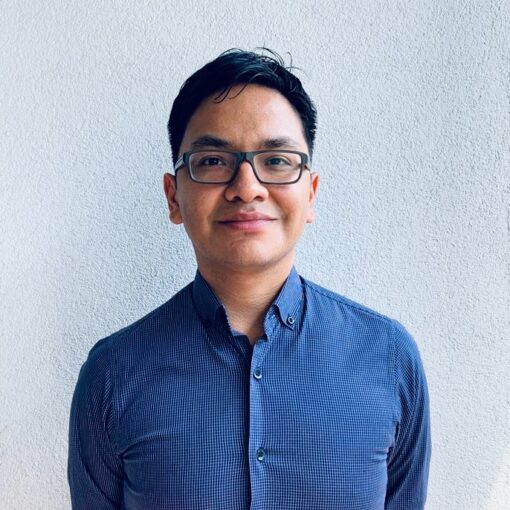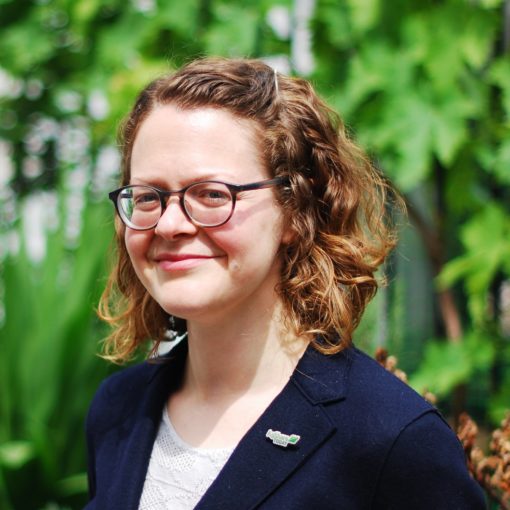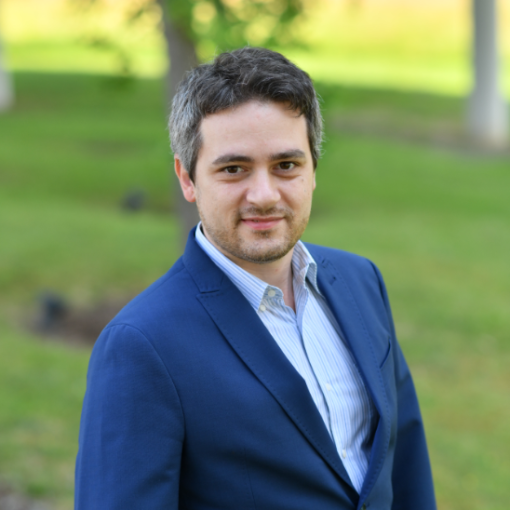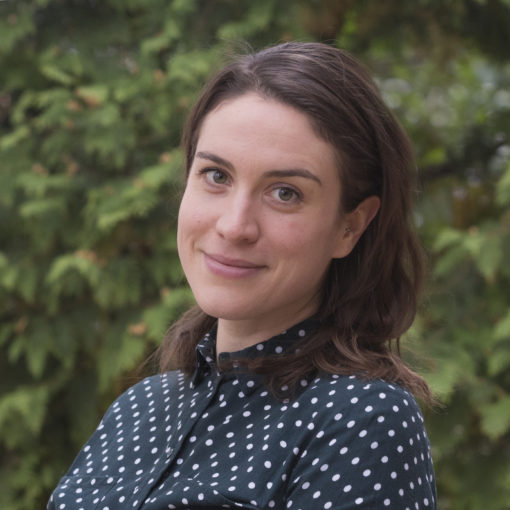PhD
| Senior Analyst | |
|---|---|
| Dolon | |
Year entered into a non-academic position: 2021
Job highlight:
Continuous personal and professional learning, leveraging data to uncover trends and patterns that guide decision-making, working in teams, developing strategies which will have a meaningful impact on patient lives
My research training set me up to…:
Develop strong analytical and critical thinking skills necessary for conducting in-depth investigations and data analysis
Left academia after:
PhD
What’s your background?
I have a BSc and MSc in Molecular and Industrial biotechnology . I did a PhD in haematology with a focus on stem cell diseases, and following this I spent 1 year in a company focused on drug discovery
Why did you move away from academia?
The gradual pace and limited impact of academic research left me yearning for a more dynamic and fast-paced environment where I could see more immediate results and greater impact.
Over time, I began to lose a sense of purpose and fulfilment in my academic pursuits and I felt disconnected from the real-world applications of my research. Seeking new challenges and opportunities, I felt a strong desire to explore different industries and roles outside the confines of the traditional academic setting. As my career progressed, I realized that I no longer saw myself thriving in the lab and that my interests and ambitions were steering me towards a different path.
Is there anything you miss about academia?
Having left academia, I really miss working with students; it was so rewarding and fun. I also miss the close connections I had with my lab mates and the networking opportunities that came with the academic environment.
How did you get this job? Did you face any challenges when considering a move away from academia or applying for the role?
I applied to this job online, and fortunately, I had a friend already working at the company who provided me with information about the role and the company. The main challenge, perhaps , was the fact that I was entering a job for which I had no prior experience. While I had transferable skills to apply to the job, I also knew that I would have to learn an entirely new profession.
What motivated you to/why did you choose the sector you transitioned into?
Transitioning into this job was exciting for me because I had a strong desire to learn about the various processes and health assessments that allow drugs to become marketable across various European countries. I was particularly drawn to the idea of strategizing to help companies launch drugs for rare diseases, as I recognized the unique challenges they face compared to regular medicines. It felt like a meaningful and impactful way to contribute to the healthcare industry.
Did you think you had the skills required for your current position before you started? How did your PhD prepare you for your current job?
Before starting the job, I believed I had some of the right skills. This job involves a significant amount of on-the-job learning, but the years of experience in academia undoubtedly proved valuable.
Some of the skills that turned out to be very relevant are: strong analytical , problem-solving, and data interpretation skills, as well as effective communication and collaboration skills.
These play a crucial role in my work, especially when it comes to research, strategizing, and effective communication with others.
Did you have any preconceptions about your sector that proved to be wrong?
I had concerns about entering the consulting field because I believed it would entail working long, demanding hours. However, I was pleasantly surprised when I joined my current company, as they prioritize providing a great work-life balance and ensure that employees don’t have to work crazy hours.
Can you describe a typical week in your job?
A typical day is difficult to describe, as it varies significantly, but my daily routine is typically divided between team meetings, client meetings, and project work. The project work revolves around a combination of primary and secondary research, as well as creating power point slides and word documents.
What is the workplace culture like? Please include comments on work-life balance, flexibility, remote working?
The company prioritizes work-life balance and places great value on offering flexibility, particularly when it comes to remote working. They understand that employees are spread across various parts of Europe, in different time zones, and on different work schedules. This approach allows individuals to have more control over their working hours and schedules, promoting a supportive and accommodating workplace culture.
Do people with a PhD frequently get hired in the company/sector?
While they do value and appreciate candidates with a PhD, having a PhD is not a mandatory requirement for the job. The company recognizes that individuals with diverse educational backgrounds and experiences can bring valuable skills and perspectives to the consulting role. They consider candidates with a range of qualifications and expertise, making it an inclusive and accessible opportunity for a broader pool of applicants.
What are your favourite parts of your job?
The best part of my job is brainstorming and working with the team.
I absolutely love collaborating with my colleagues, sharing ideas, and coming up with innovative solutions together. It’s a real joy and makes the job so much more enjoyable for me.
What are your reflections on your career path?
Since finishing my PhD, looking too far ahead has been a bit frightening. It’s interesting how life has guided me into a career in consulting, something I had never previously envisioned. As for the future, I can see myself taking on new challenges that allow me to keep learning. Somehow, I think science will always be a part of whatever I do.
Do you have any advice for current graduate students and postdocs considering a career outside of academia?
For current graduate students and postdocs considering a career outside of academia,
my advice would be this: while leaving academia can be frightening, it’s important to remember that your university experience has equipped you with a wide range of valuable skills that are applicable in numerous fields and industries you might not have considered before.
It might feel safe and comfortable to stay in a role you have become proficient in, but exploring other career paths can lead to exciting new opportunities. The key is to be open-minded and willing to learn new things and take on new challenges. Your skills are transferable, and there are countless job possibilities out there. It’s crucial to reflect on the kind of lifestyle and work environment you envision for yourself and be ready to adapt and possibly start at an entry-level position if you choose a career path different from your academic background. Embrace the journey and remember that there are endless ways to apply your expertise and make a meaningful impact beyond academia.
What do you know now that you wish you’d known when exploring a transition?
Looking back at my transition, I wish I had known that research and lab work wasn’t the only path available to me. It’s been eye-opening to discover the wide range of opportunities and diverse roles that align with my skills and interests.





